What is vitamin E?
Vitamin E is a fat-soluble vitamin that is a member of the tocopherol and tocotrienol chemical family. Alpha-tocopherol is the form that is the most biologically active out of the eight that it may take. In the body, this vitamin functions as a potent antioxidant that aids in preventing cell damage brought on by free radicals.
Nuts, seeds, vegetable oils, green leafy vegetables, fortified cereals, and other dietary sources all contain vitamin E. Additionally, it is offered as a nutritional supplement in the form of oils or capsules. To guarantee a well-rounded nutrient intake, it’s crucial to remember that getting vitamin E from whole foods is generally preferred to relying only on supplements.
Importance of vitamin E for the body
For our bodies to function properly and to stay healthy, vitamin E is crucial. Let’s look at some of the main justifications for this vital nutrient’s importance:
- Powerful Antioxidant Protection
- Immune System Support
- Skin Health and Repair
- Eye Health Maintenance
- Cardiovascular Health Support
- Anti-Inflammatory Effects
Sources of vitamin E
Our bodies are unable to synthesise the vital nutrient vitamin E on their own. Consequently, it’s crucial to get it via dietary sources. You can add the following excellent sources of vitamin E to your diet:
1. Nuts and Seeds

Nuts and seeds are high in nutrients and a strong source of vitamin E. This vitamin is notably abundant in almonds, hazelnuts, sunflower seeds, and peanuts. To increase your intake of vitamin E, snack on some almonds or add some sunflower seeds to your salad.
2. Vegetable Oils
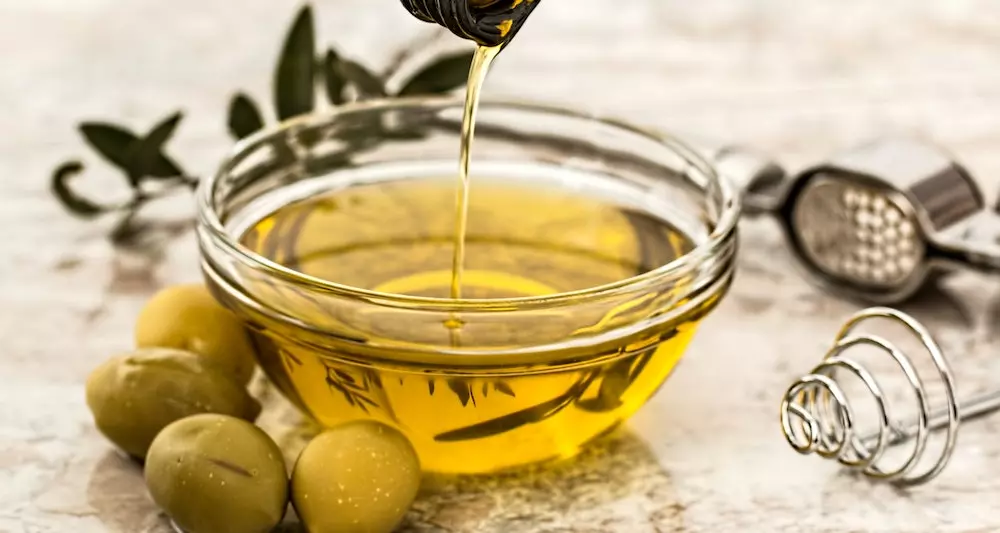
The vitamin E-rich vegetable oils are yet another great source. This vitamin is especially abundant in sunflower oil, wheat germ oil, and safflower oil. Use these oils when cooking or as a salad dressing to add vitamin E to your diet.
3. Green Leafy Vegetables
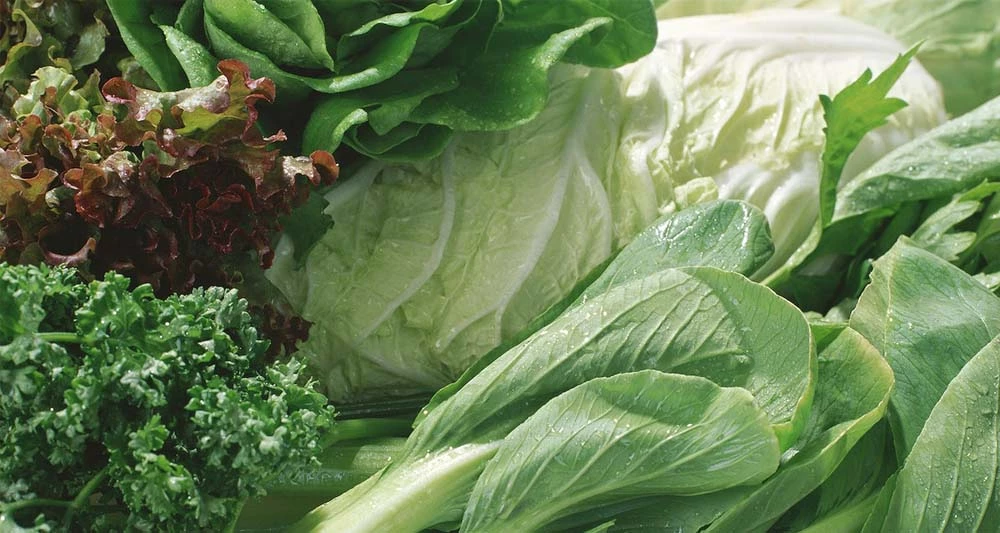
Leafy greens like spinach, Swiss chard and kale are abundant in vitamin E in addition to being loaded with vitamins and minerals. To improve your consumption of vitamin E, add these nutrient-rich greens to salads, stir-fries, or smoothies.
4. Fortified Cereals
Since certain cereals have vitamin E added to them, they are convenient sources of this nutrient. To incorporate vitamin E into your breakfast routine, look for cereals that are enriched with it on the label.
5. Avocado
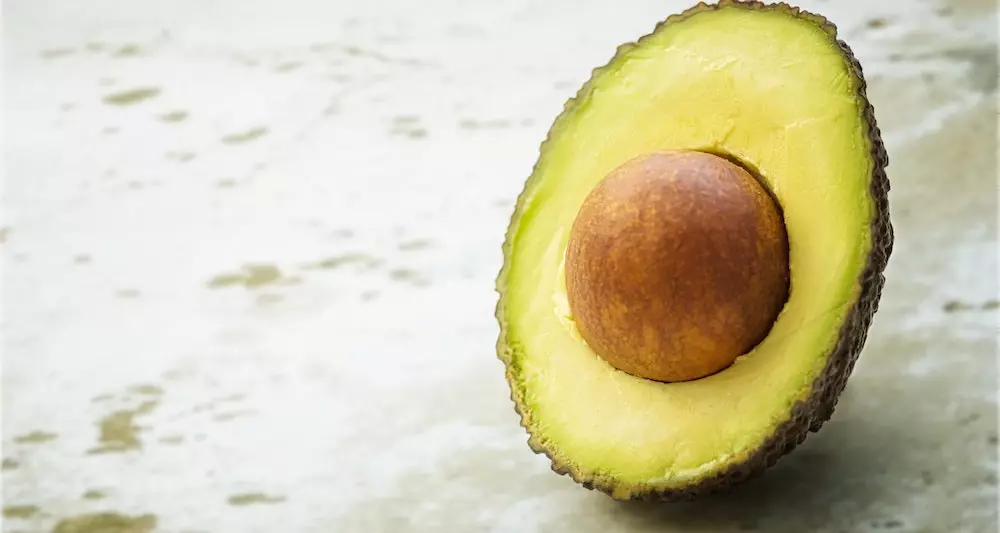
Avocados are a tasty, creamy fruit that are also a strong source of vitamin E. For an increase in nutrients, add slices of avocado to your salads, sandwiches, or smoothies.
6. Fish and Seafood

Salmon, trout, and prawns are a few types of fish and seafood that contain vitamin E. To benefit from vitamin E and other important nutrients, include these nutritious protein sources to your meals.
7. Fruits
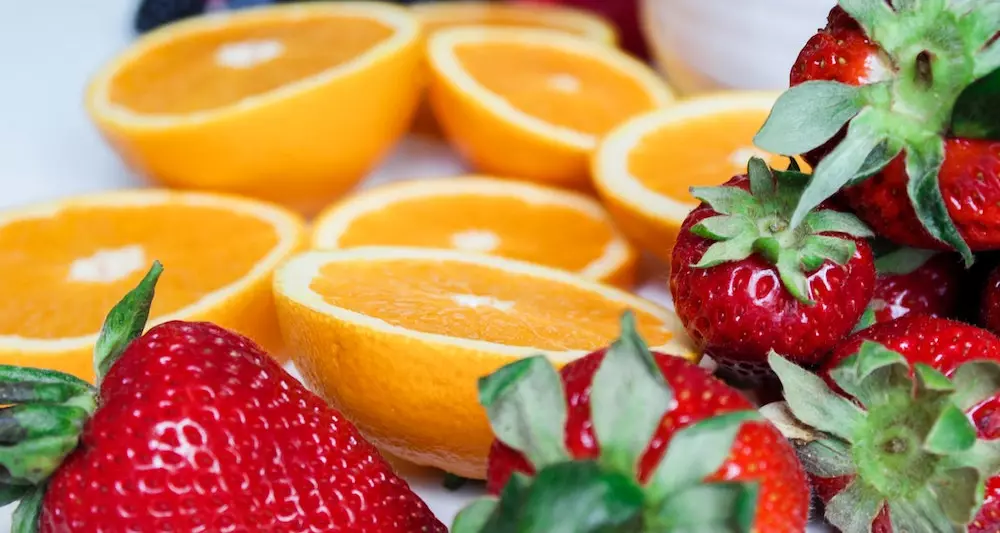
Fruits don’t typically contain a lot of vitamin E, although some varieties, like mangoes, kiwis, and papaya, do. For a range of vitamins and minerals, eat these fruits as part of a balanced diet.
8. Whole Grains
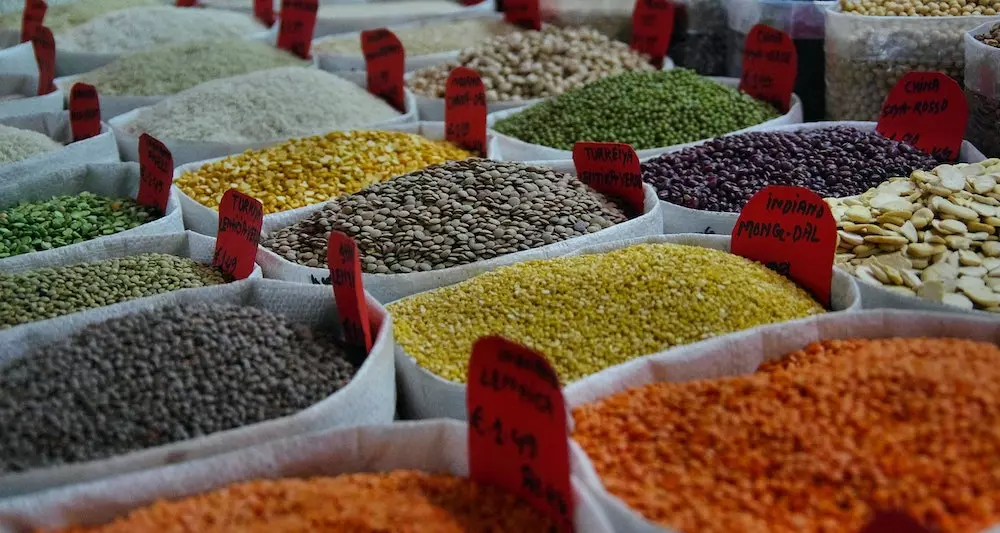
Vitamin E can be found in whole grains like oats, brown rice, and wheat germ. Choose whole grain products like bread, pasta, and cereals to get more vitamin E while also getting fibre and other nutrients that these foods provide.
It’s important to remember that a balanced diet is an excellent way to get vitamin E. However, some populations, such as those with abnormalities of fat absorption or those who consume a very low-fat diet, may be at risk for vitamin E deficiency. A doctor might suggest a supplement in these circumstances.
Conclusion
vitamin E is a crucial nutrient that is present in a wide range of foods. Seafood, fortified foods, nuts, seeds, vegetable oils, green leafy vegetables, avocado, and fortified foods are all excellent sources of vitamin E. You can make sure you are receiving enough of this crucial nutrient by include these foods in your diet.









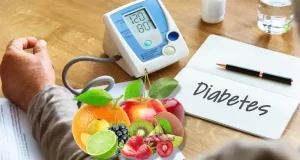















+ There are no comments
Add yours